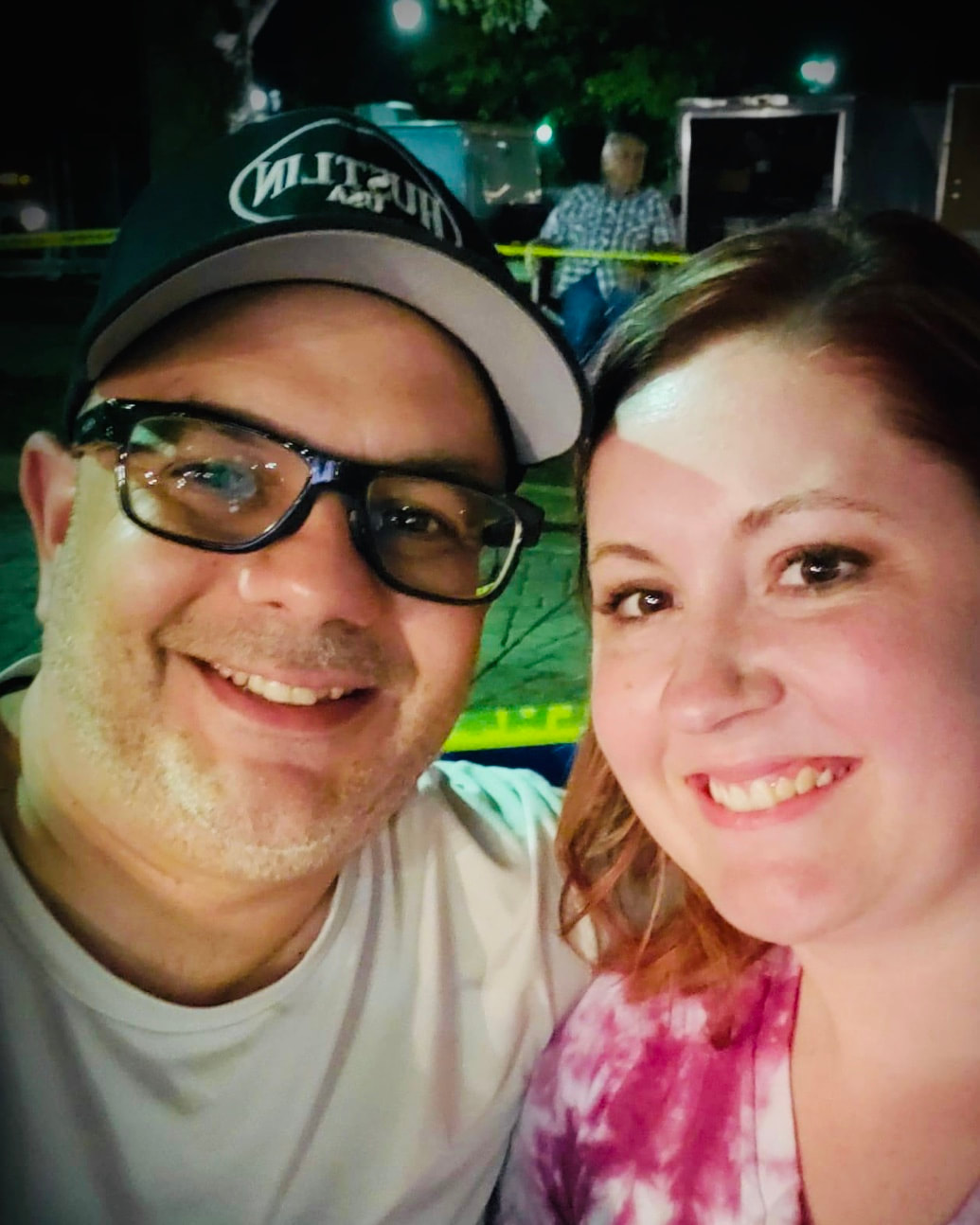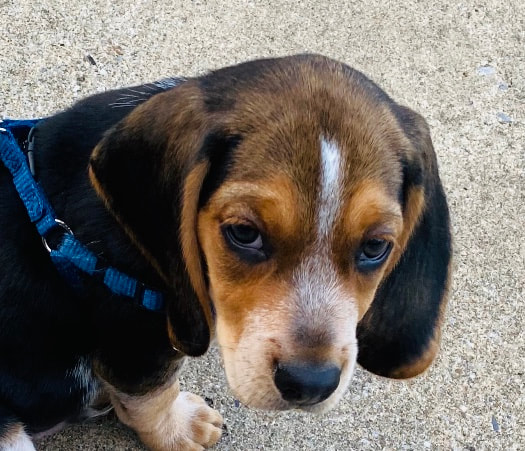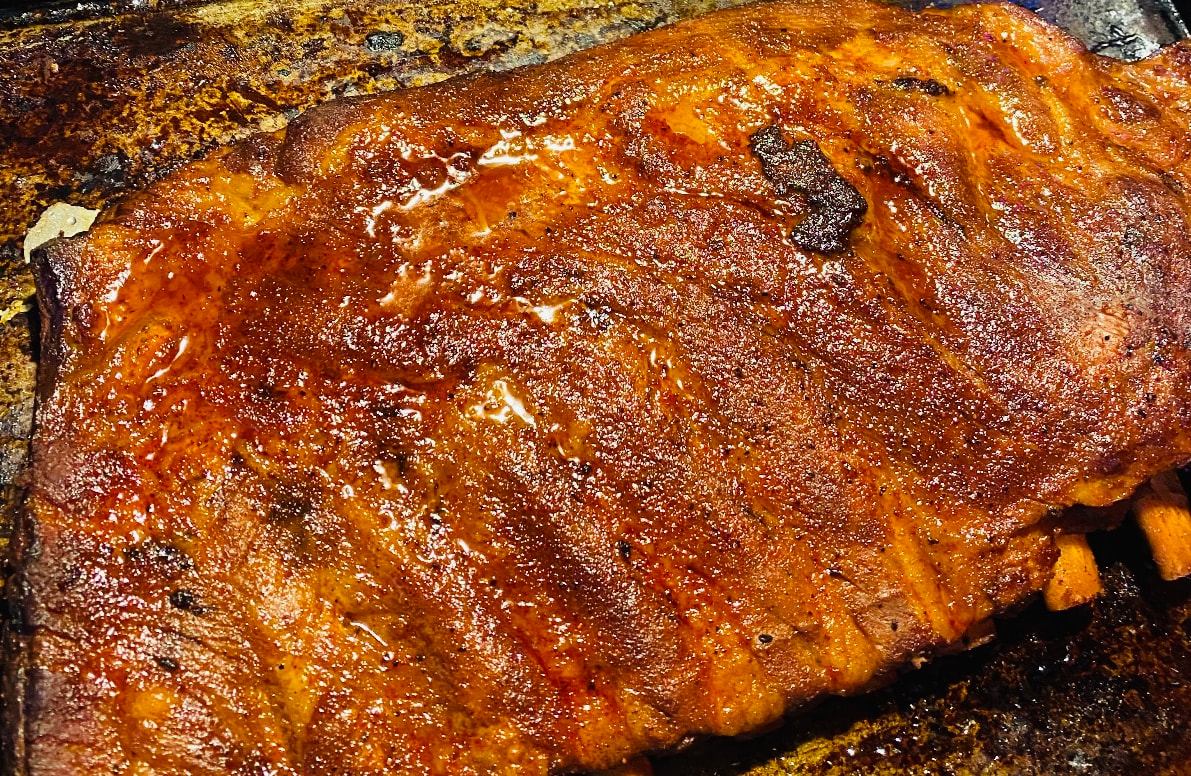Carlos Chavez is the local COVID-19 patient who experienced heart attack-like symptoms approximately one month ago. He had attended his daughter’s T-ball game and started having severe pains in his chest, ‘the worst indigestion of his life’. His wife, a Baptist Health nurse, believed the symptoms Chavez was experiencing could be a heart attack.
After spending an evening in the ER, the following day he was tested for COVID-19 and the test came back positive. The diagnosis of COVID-19 sent a shockwave through his body. Chavez wasn’t ready to face a potential death sentence. He didn't want the family to witness his demise. It was ‘his’ worst case scenario. It’s hard to hear a diagnosis about a disease that’s taken so many lives. Even if you’re young and healthy, it can happen to anyone. The symptoms of COVID-19 have varied from person to person. Some have a mild cold, others flu-like symptoms, while others experience severe respiratory distress. It’s no wonder people fear the virus. Chavez was experiencing less than optimal oxygen levels. He was monitored by using an oxygen pulsometer and as long as levels remained above 90, he could avoid a more invasive treatment. After he was no longer in immediate danger, Chavez was released from the hospital to begin (what he hoped) recovery. The last time Chavez spoke with WKY Community Living he was still in recovery...that was two weeks ago. During the conversation, Chavez said he had just been cleared by the health department to resume life before COVID-19. Though declared recovered, he still got winded. A trip to the mailbox and back was exhausting. Chavez continued working half days at Computer Services, Inc. as he regained his strength. The contact tracer with the health department said normal recovery would take 10 - 14 days. It took that and some. As another two weeks passed, it was time to reach out to Chavez again to see how recovery from COVID-19 was going. When asked how he was feeling, the response was, “I’m feeling great! I may have a breathing issue from time to time but things are going great.” Chavez said he completed a two mile walk on Tuesday, September 8 and it felt really good. Tuesday was the start of a brand new exercise program. The two mile trek through his neighborhood went much better than expected. He contributes his ‘better than expected’ recovery to his successful efforts to quit smoking. Almost a month before contracting COVID-19, Chavez quit ‘cold turkey.’ “That’s quite an accomplishment after 10 years of smoking,” stated Chavez. “Labor Day weekend was very productive. I smoked some ribs, did several loads of laundry, vacuumed the floors, shampooed the carpets, and fixed a big supper,” said Chavez. His wife, Liz worked all weekend at the hospital so taking care of the household chores was more of a blessing than a hindrance. After a scary bout with an unfamiliar respiratory disease, having the energy to be useful at home was embraced. As far as home life, the children are back in school and Chavez is working full-time, no more half days. The family welcomed a new addition to their home and his name is Norman, a blue tick beagle puppy. The sweet, fur baby has melted the hearts of the whole family. Chavez said, “He’s awesome. He’s a puppy so he’s into everything.” And as far as Chavez’s attitude, “I’m back to my old self...happy and cracking jokes.” COVID-19 has made Chavez more mindful. He realizes there 'could be' the potential to contract the virus again (studies are ongoing). He said, “The possibility of being reinfected with COVID-19 is small...it’s important that I protect myself and others from the disease.” Chavez continued, “I wash my hands every time I go out and I don’t touch my face. I’ve been out for my birthday dinner and to Sam’s Club. Other than that, I’ve stayed home.” The new CDC guidelines suggest people that have recovered from COVID-19 can safely interact with others for three months, indicating that immunity will last at least as long. The CDC also states that people who have recovered from COVID-19 could test positive for the virus for up to three months. As a result of these findings, it’s recommended that recovered patients not be tested for 90 days after the initial infection. Chavez explained that he still has some anxiety about being around people. “I don’t come within six feet of people for their safety and mine. I don’t want to live in fear. I want to live my life. I’ll wear a mask, keep my distance, and practice good hygiene.” It’s important that recovered patients allow themselves time to heal emotionally as well as physically. A big part of recovery is self-care. Get plenty of rest. Exercise. Eat healthy. Limit alcohol. Keep a regular routine. Avoid too much media. Connect with others. Connecting with others is a big one for those suffering from anxiety or fear of being around others. If working remotely, such as Chavez, find time to connect with co-workers by virtually socializing. Slowly ‘get your groove on’.
1 Comment
margret
3/2/2022 07:35:19 am
Im so proud!!!!!
Reply
Leave a Reply. |
Written by
Liz Latta Archives
July 2021
Categories |




 RSS Feed
RSS Feed